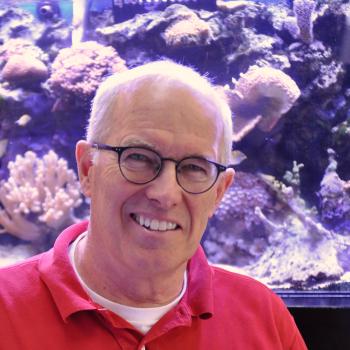Current Research and Scholarly Interests
Much of the research in the Pringle laboratory exploits the power of yeast as an experimentally tractable model eukaryote to investigate fundamental problems in cell and developmental biology such as the mechanisms of cell polarization and cytokinesis. In regards to cell polarization, the major current foci are the roles of cortical marker proteins and of a GTPase-based signal-transduction cascade in the selection of the polarization axes (as defined by the bud sites). Interestingly, the marker proteins appear to be delivered to polarized sites in the cell surface by an unconventional arm of the secretory pathway. In regards to cytokinesis, the major current foci are the roles of the septin proteins and the interactions among the actomyosin contractile ring, the enzymes of extracellular-matrix (cell-wall) synthesis, and proteins that appear to be involved in plasma-membrane reorganization. Our working hypothesis is that the conserved core mechanism is the rearrangements of the membrane during cleavage-furrow formation and that the actomyosin ring and extracellular matrix play accessory roles.
In a departure from our many years of yeast work, a major new project involves developing the small sea anemone Aiptasia pallida as a model system for study of the molecular and cellular biology of the dinoflagellate-cnidarian symbiosis, which is critical for the survival of most reef-building corals but still very poorly understood. Processes to be investigated include the recognition and signaling events involved in symbiosis establishment, the temporal and spatial coordination of symbiont and host cell cycles during symbiosis maintenance, and the signaling and cellular processes involved in symbiosis breakdown under stress. Currently much of our effort is directed at genomic analysis and method development that will underpin later studies.


